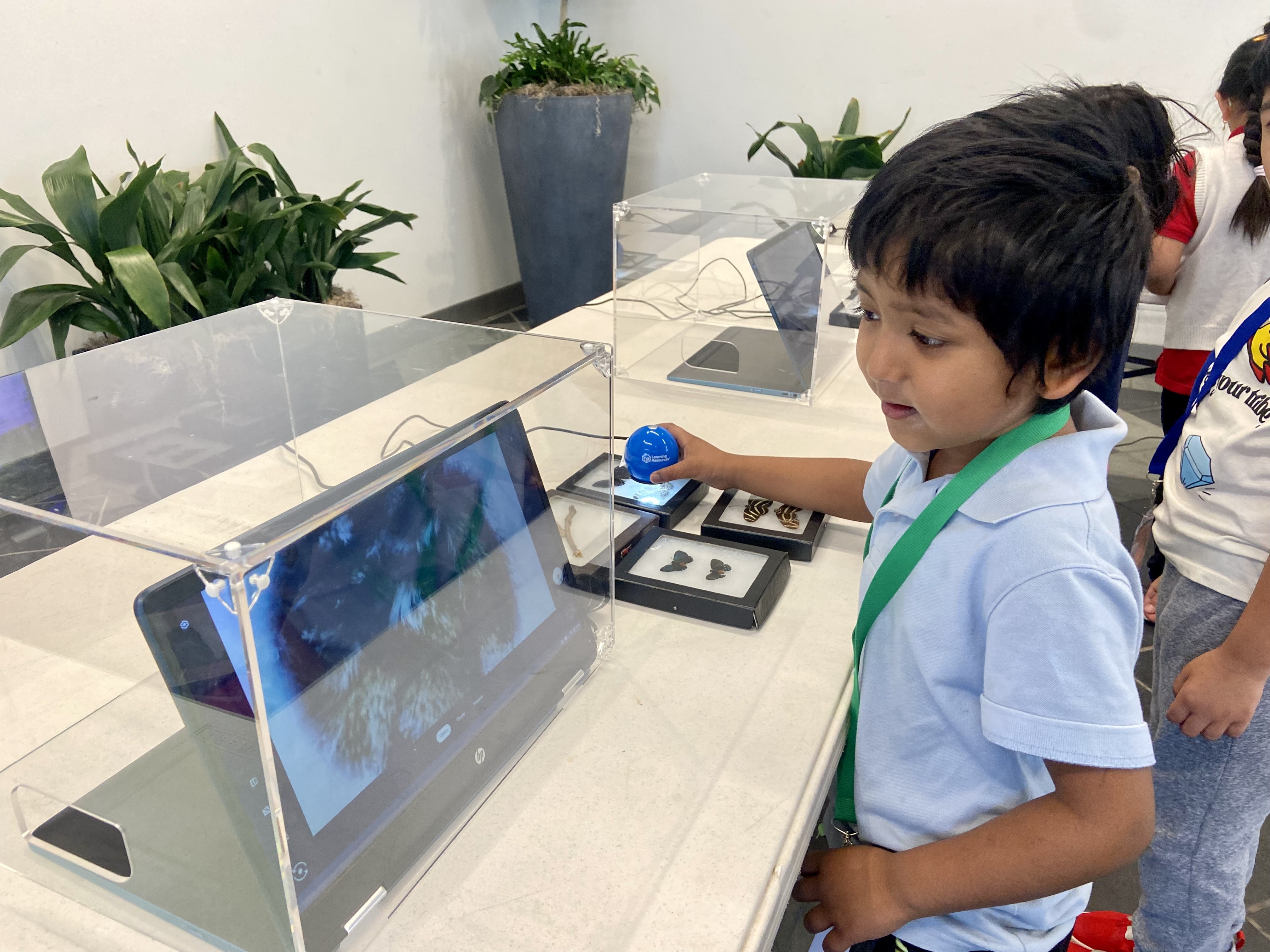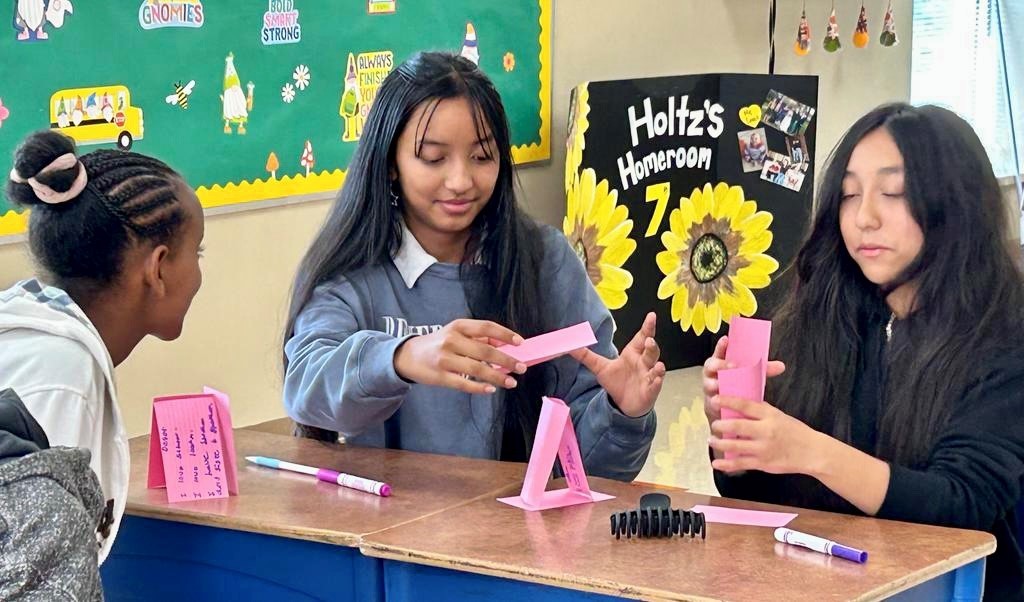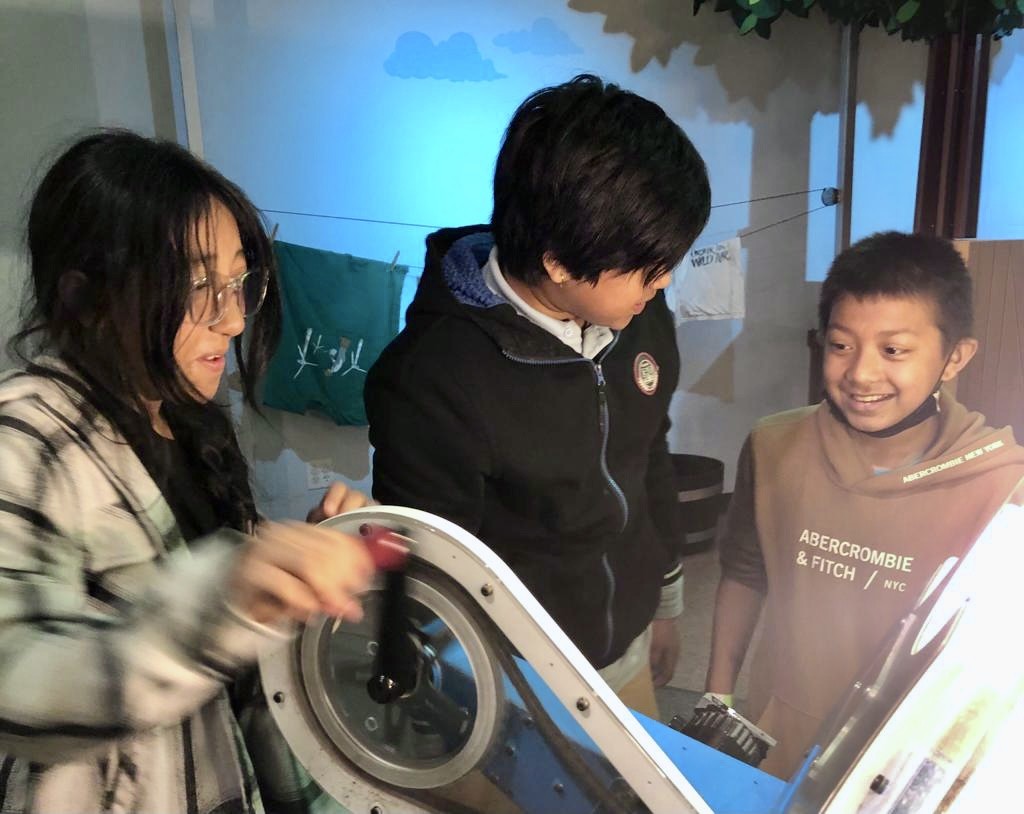Health Office
Comprehensive Health Screenings: Ensuring the Well-being of Our Students
 Imagine Columbus Primary Academy is a school that places a strong emphasis on the well-being and holistic development of its students. With a commitment to academic excellence, Imagine Columbus Primary Academy Community strives to create a nurturing and engaging learning environment for all students. Imagine Columbus Primary Academy prioritizes identifying and supporting children with unique disabilities, ensuring they receive the necessary resources and assistance to thrive.
Imagine Columbus Primary Academy is a school that places a strong emphasis on the well-being and holistic development of its students. With a commitment to academic excellence, Imagine Columbus Primary Academy Community strives to create a nurturing and engaging learning environment for all students. Imagine Columbus Primary Academy prioritizes identifying and supporting children with unique disabilities, ensuring they receive the necessary resources and assistance to thrive.
Additionally, Imagine Columbus Primary Academy Community upholds health regulations and procedures, providing comprehensive health screenings, handling student illnesses, and promoting open communication with parents regarding medical concerns. With a focus on student-centered education, Imagine Columbus Primary Academy fosters a supportive community where every student can reach their full potential.
Imagine Columbus Primary Academy recognizes its responsibility to help protect the health of students. Parents are required by state law to fill out an Emergency Medical Authorization Form. These are kept in the front office and used in emergencies.
Imagine Columbus Primary Academy shall have on file for each student an emergency medical authorization form providing information from the parent(s) or guardian on how they wish the school to proceed in the event of a health emergency involving the student and authorization for the school in case emergency action must be taken.
Your child must meet county and state health regulations for school entrance. The school checks health records each year and will supply you with an immunization request form for necessary immunizations that your child needs. Students that have not presented written evidence confirming that the minimum immunization requirements have been met shall be excluded from School on the fifteenth day of the school year. Written statements of objection to immunizations due to parents’ or guardians’ religious reasons are filed in the student’s health folders.
A pupil is also exempt if they present a physician’s statement that immunization is medically contraindicated. A signed statement of the history of measles or mumps may be substituted for the measles or mumps vaccinations. However, a history of rubella may not be substituted for rubella vaccine.
Student Illnesses
When a student becomes ill at school, the parent will be notified to make arrangements to have the child picked up from school within a reasonable time. Students will not be permitted to ride a bus home, for the health and safety of the other passengers. Any student suspected of having a communicable disease will be asked to see a physician for examination and recommendation for exclusion from school. Readmission will be allowed by a physician’s statement (doctor’s excuse).
A child who is ill will not perform well at school and may be exposing the other students in the classroom. Please keep your child home if any of these symptoms are present: a fever of 100 degrees or greater, an undiagnosed rash, an earache or draining ear, diarrhea or vomiting, severe sore throat, persistent or severe cough, persistent or severe headache, or a known communicable disease. If your child is sent home with a fever of 100 degrees or greater, they must be fever-free without medication for 24 hours before returning to school.
Please call by 9:00 a.m. on days your child is ill. You may call before the office opens and leave a message. When reporting student absences, please report any of the following communicable diseases: chicken pox, conjunctivitis (pink eye), fifth disease, hepatitis, influenza (fever, upper respiratory infection, headache, and body aches), measles, mumps, meningitis, strep throat, lice, ringworm, and scabies. This information is helpful in the control of illness among students (a medical excuse may be required upon returning to school).a
Health Screenings
Students that are enrolling in Kindergarten or 1st grade for the first time will be screened for adequate vision and hearing.
Head Lice
From time to time students get head lice. Lice is highly contagious. If your child is found to have lice and/or louse eggs (nits) you are required to pick him/her up immediately. The student must be treated and report to the school office before he/she is allowed back in the classroom. Treatment advice is available through the school office or your doctor. Most children can be treated and return to school within 24 hours.
Bed Bug Policy
Since bed bugs are not known to transmit disease, students will not be excluded from school due to bed bugs. If it is suspected that a student has bed bugs, they will be removed discreetly from the classroom so the school nurse or qualified individual can perform an inspection of the student’s clothing and belongings. If bed bugs are found, nonessential items for the school day such as book bags and coats will be put into a large plastic bag and tightly sealed. The parents will be notified immediately by the school nurse or school administration. Further instructions will be given to the parents on how to send the student to school the following day.
Administrating Medication
Except in situations required by law, no medication will be administered by School staff.
Per the Ohio Revised Code students are permitted to possess and use a metered dose or dry powder asthma inhaler to alleviate or prevent asthmatic symptoms. In addition, students are permitted to carry and use an epinephrine injector to treat anaphylaxis (an intense allergic reaction) aka Epi-Pen. Written approval must be obtained from the Student’s physician, and, if the Student is a minor, from the Student’s Parent. New authorization forms must be submitted at the beginning of each school year. The parent/guardian agrees to submit a revised statement signed by the parent/guardian and physician if any of the information originally provided to the school changes.
The Physician’s written approval must include the following information:
The name and address of the Student;
The School in which the Student is enrolled;
The name and dose of the medication contained in the inhaler or auto injector;
The circumstances in which the auto injector should be used;
The date the administration of the drug is to begin;
The date the administration of the drug is to cease (if applicable);
Acknowledgement that the prescriber has determined that the Student is capable of possessing and using the auto injector appropriately and has provided the Student with training in the proper use of the auto injector;
Any severe adverse reactions that should be reported to the prescriber and one or more phone numbers at which the prescriber can be reached in an emergency as well as one or more phone numbers at which the Parent, Guardian or other person having care or charge of the Student can be reached in an emergency;
Special instructions for administration of the drug by the Student;
Written instructions outlining procedures school employees should follow in the event the Student is unable to administer the medication or the medication does not provide adequate relief;
A list of adverse reactions that may occur to a child for whom the medication was not intended who uses the medication; and
And any other special instructions.
The School must have the above stated documentation provided by the physician and Parent or guardian if the Student is a minor in order to allow a student to use an asthma inhaler or epinephrine auto-injector.
The School has adopted a separate policy regarding the care of diabetic students. If a student is diabetic the student/Parent should notify the School Administrator.














